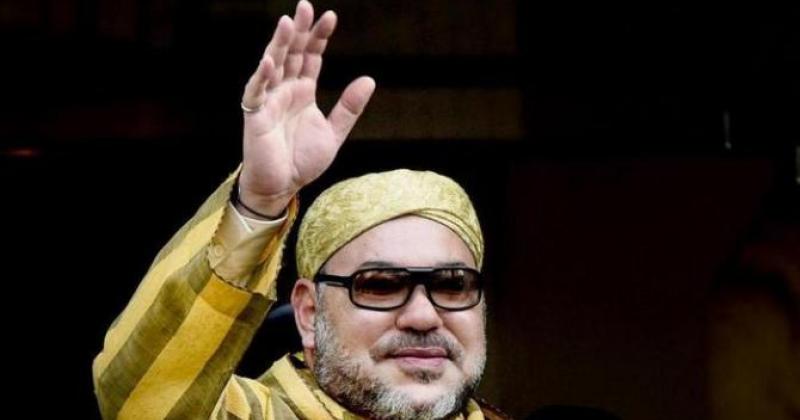Mohammed VI’s speech to fellow-citizens living abroad, the letter Ayatollah Makarem Shirazi wrote to the Pope and the position taken by Croatia’s Grand Mufti are encouraging signs from the Muslim world.
The King of Morocco has invited Muslims, Christians and Jews to combat “fanaticism and hatred” together. The words the Moroccan monarch, Mohammed VI, addressed to his country and in particular to the five million Moroccans living abroad, are significant. “With the proliferation of spread obscurantism in the name of religion, all Muslims, Christians and Jews, must draw up a common front to counter bigotry, hatred and withdrawal in all forms,” the king urged.
Mohammed VI called on fellow-citizens to be patient, to defend peace and to live in harmony with others. He also asked them to “continue to uphold the values of their religion as well as their ancient traditions”: this is the best way to respond to the jihadist phenomenon which is “alien to them”.
“We strongly condemn the killing of innocent people,” the King of Morocco added, in reference to the elderly French priest who had his throat slit inside his own church. The monarch described the assassination of “a priest inside a church” as “unforgiveable madness”. “Whoever incites murder and aggression” using the Quran to do so, “is not a Muslim”, Mohammed said. “Terrorists who act in the name of Islam are individuals who have been led astray and are condemned to eternal hell”.
Finally, the king observed that jihadism “takes advantage of some young Muslims, especially in Europe, exploiting their ignorance of the Arabic language and true Islam to pass on false and wrong messages and promises”. Morocco’s monarch spoke out about the responsibility of “many Islamic groups and institutions” which claim they represent “real Islam” but instead encourage the “spread of an extremist ideology”.
The king’s speech came just as the contents of a letter sent to Francis by Iran’s Grand Ayatollah Makarem Shirazi of Qom were made public. In his letter, the Shiite Muslim leader thanked the Pope for his words on terrorism during his recent visit to Poland. The Pope had spoken against identifying fundamentalist violence with the Islamic religion.
Interestingly, in his letter, Shirazi gives importance to the stances taken by religious leaders worldwide against every violation of human dignity, especially when this is committed in the name of religion. He recalls his condemnation of Fr. Hamel’s killing, describing it as a “merciless terrorist attack”, using the word “takfir”, which in Islam refers to the most extreme cruelty. Ayatollah is realistic as he recalls that jihadist groups have not yet been destroyed because they are backed by “arrogant powers”. This was a hint at the role played by those who have bankrolled and financed terrorist groups to fulfil political and economic interests, using them as useful allies in wars only to then realise that they have in fact created uncontrollable monsters.
At the Rimini Meeting today, Croatia’s Grand Mufti Aziz Hasanovic said that whoever kills innocent people - especially Jews and Christians given that they are among the three major monotheistic religions - “is not a Muslim” because the Quran tells us to do the opposite.
According to Hasanovic, who recently met Pope Francis, the real problem is “ignorance and generalisation”. Because, he explained, “terrorism is the consequence of ignorance and the exploitation of the Quran’s teaching, of sectarian indoctrination. The Quran says that killing an innocent person is like killing the entire world.”
These two stances add to the pronouncement of Al Azhar and to the initiative of Muslims in France and Italy, who have shown their solidarity with Christians following the savage killing of Fr. Hamel.
0
